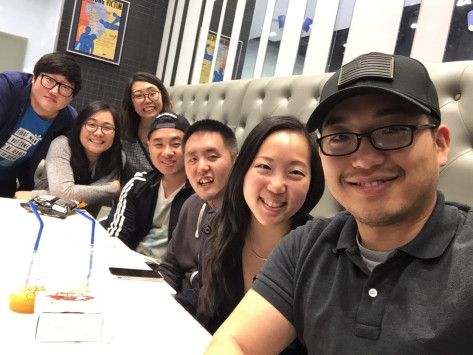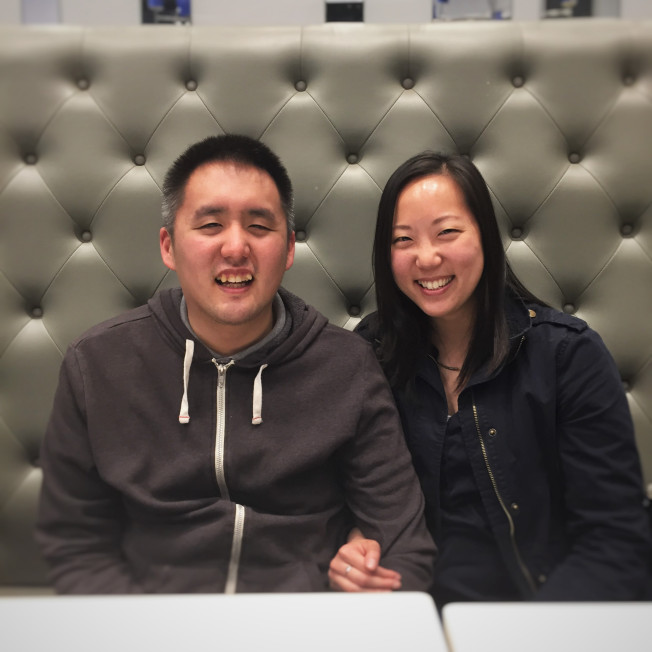Here’s the truth about having a sibling with autism. When we were younger, I tried so hard to reach out to my brother, but he seemed to reject me. I would try to play with him, and he would either push me away or run away. It was frustrating. I knew my brother had a disability, but I didn’t really understand the different characteristics of autism. I couldn’t understand why if I showed him how to catch a ball, he would just let it hit him or drop to the floor. He wouldn’t look at me when I called his name. He wouldn’t even stay in one place to figure out how to play the game. Whatever was going on in his own head was much more fun than his big sister, and it ticked me off.
Things are really different now. I’m much more educated about autism. I understand that individuals with ASD have communication deficits. The disability also makes it difficult for people to learn social skills. Observational learning is something that isn’t instinctive, but has to be taught. There’s also a piece to the disability where people are really rigid in their behaviors. They might engage in repetitive behaviors and that’s much more motivating for them to do than interact with others. It’s just the disability. Everyone has different manifestations of these traits, and to varying degrees with different combinations. They often say, “If you met one person with autism, you met one person with autism.” It’s so true.


Deborah with her brother and worship band.
In our mid and late twenties, my brother and I hang out much more. We even hang out with other people. This took over twenty years to develop. I don’t want to paint a picture that my brother and I had only painful memories in our childhood, because we didn’t. It’s just now, we have a much more interactive relationship. Not only with me, but with others. As you can see in the pictures above, my brother is just one of the gang.
This is us hanging out at a cafe after a band practice. My boyfriend and I are part of a church worship band. My brother comes to our practices and listens to us. He loves music, and live music amplifies the experience. He often paces the room, and listens to us sing. Afterwards, we often all go out to eat and hang. When we hang, my brother is just part of the gang. He’s just as much a goofball as our friends are, and fortunately, they all treat him like one of the gang. I can’t say how much it means to me that we can hang out with friends together. It’s not always picture perfect, but this night definitely was.
How did we get here?
- On my end, the more I understood about the disability, it made me realize he wasn’t being a jerk. There are things you have to teach him, such as looking at your eyes. Now he does that really well.
- It helps being a practitioner in the special education field. I’ve encountered some learners who never learn a new skill and some learn really fast. Everyone is different. It’s not lessening your expectations, but understanding that he may or may not acquire the new skill you just taught him. For example, even after 26 years, the man still does not catch a ball outside of his periphery. At this point, as long as he doesn’t let a ball hit him in the face, I’m OK with him and his hand eye coordination. That doesn’t mean I don’t play catch with him or try, but it just doesn’t discourage me or bum me out.
- I realized real quick that my attitude towards my brother affects how everyone else treats him. I’ve had strangers and acquaintances give weird or concerned looks towards us. Even now, I get that from time to time. Whatever. I love this man, who is my brother. Just let the love shine!
To any families out there… Be brave! Have hope! Press on!
We’re incredibly honored to publish this guest post by Deborah Chang, an autism blogger. Visit Deborah’s blog here. If you’re interested in submitting a guest post for our blog, please email elizabeth@difflearn.com for more info.
